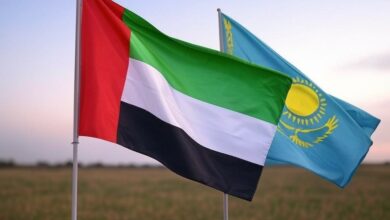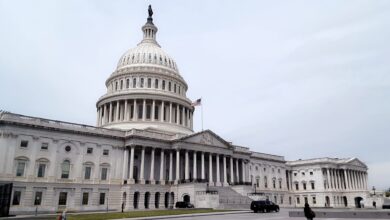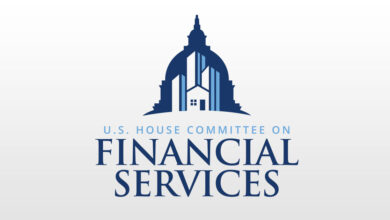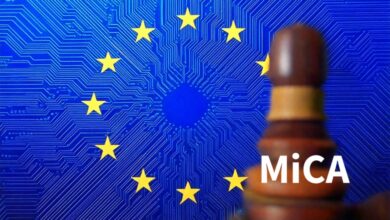Policies & Regulations
Dubai Museum of the Future discussing Digital assets transfers and Blockchain

In a recent CoinDesk interview with Mr. Noah Raford, Chief operating officer of Museum of the Future Foundation, Raford discussed the government of Dubai is emphasizing work on blockchain in their efforts towards developing Smart Cities. The discussion included how digital currencies, digital assets, and crypto could also be utilized as part of smart contracts, remittances, and banking services.
Raford explained that the government under the oversight of CEO Saif Al Aleeli, Museum of the Future unveiled the Global Blockchain Council (GBC), a 32-member initiative designed to test and accelerate blockchain tech that he described as one of the most ambitious private-public sector collaborations. As he told CoinDesk, “Dubai has a massive investment in the smart city, to find out what does it take to run a 21st century government. There’s a larger story around this in the medium term, around just the digital transfer of assets. The potential is quite profound for applications like smart contracts. That’s where we see the longer-term impact.”
According to Raford the Global Blockchain Council is looking to build a series of case studies that look at how blockchain tech can be applied to different industries from real estate to remittances. He states that to date, one case study has already been completed by local bitcoin startup BitOasis and the Dubai Multi Commodities Centre (DMCC), a regional commodities marketplace technology provider, that focused on blockchain identity.
“[The GBC] is about helping to educate the main stakeholders through private projects. I feel that digital currencies aren’t futuristic, they’re here right now, but that’s not to say the council feels the same way,” he said. In addition some of the region’s largest payment processors and banks are on the council, and that they may view digital currencies as a potential threat to their business models. Executives from the GBC, he said, will now meet quarterly, with individual working groups convening on a monthly basis to discuss subjects including regulation, pilot projects, conferences, workshops and other educational efforts.
Raford noted that the group is primarily focused on blockchains and distributed ledgers, at least in its outward branding, to alleviate concerns about know-your-customer (KYC) and anti-money laundering (AML).





